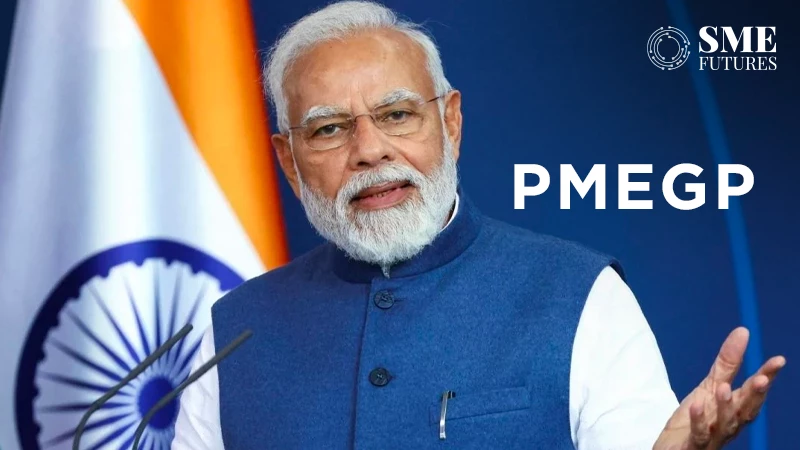The Ministry of Micro, Small, and Medium Enterprises (MSME) continues to drive employment generation across the country through the Prime Minister’s Employment Generation Programme (PMEGP), a flagship credit-linked subsidy scheme launched in 2008-09. Managed nationally by the Khadi and Village Industries Commission (KVIC), the scheme aims to establish micro-enterprises in the non-farm sector, offering critical support to states like Uttarakhand.
PMEGP provides financial assistance to beneficiaries under two categories, that are; General Category: A Margin Money (MM) subsidy of 25% for rural areas and 15% for urban areas.
Special Categories (including SCs, STs, OBCs, minorities, women, ex-servicemen, and others): A higher subsidy of 35% in rural areas and 25% in urban areas.
The scheme accommodates projects up to ₹50 lakh in the manufacturing sector and ₹20 lakh in the service sector, enabling entrepreneurs to set up viable enterprises.
Since 2018-19, PMEGP has extended its reach to support existing PMEGP and MUDRA enterprises demonstrating good performance. These businesses can access a second loan for upgradation and expansion:
- Manufacturing Sector: Maximum project cost of ₹1 crore.
- Service Sector: Maximum project cost of ₹25 lakh.
For these loans, the MM subsidy is 15% of the project cost, with an increased 20% subsidy for enterprises in the Northeastern and Hill regions.
PMEGP operates as a Central Sector Scheme, with no state-wise allocation of funds. Financial resources are utilised based on demand and loan approvals from financial institutions. An outlay of ₹13,554.42 crore has been earmarked for the scheme for the five-year period from 2021-22 to 2025-26.
In the current financial year (2024-25), 430 beneficiaries in Uttarakhand have received MM subsidies amounting to ₹12.01 crore. However, 77 subsidy claims, totaling ₹8.08 crore, remain pending for disbursement in the state.
The information was shared by Minister of State for MSMEs, Shobha Karandlaje, in a written response to the Rajya Sabha, emphasising the scheme’s critical role in fostering self-employment and micro-enterprise growth across India.











